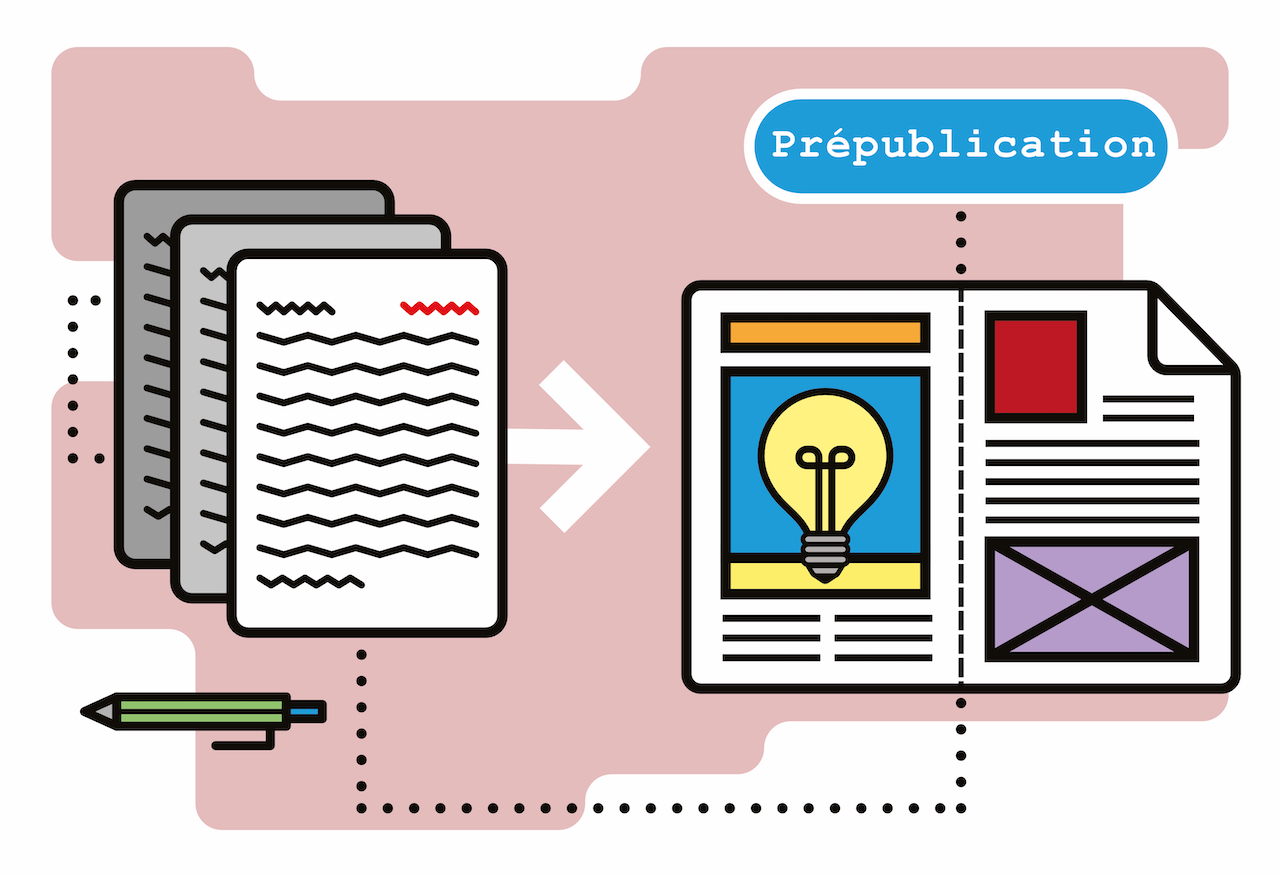Inequality, redistributive policies and multiplierdynamics in an agent-based model with credit rationing
Fiche du document
1 janvier 2017
- ISIDORE Id: 10670/1.0612f2...
- hal: hal-03458967
- SCIENCESPO: 2441/6u2usmuctn9r3rgj50gbomltva
Ce document est lié à :
info:eu-repo/semantics/altIdentifier/hdl/2441/6u2usmuctn9r3rgj50gbomltva
info:eu-repo/semantics/OpenAccess
Mots-clés
Income inequality Fiscal multipliers Redistributive policies Credit-rationing agent-based models E - Macroeconomics and Monetary Economics/E.E6 - Macroeconomic Policy, Macroeconomic Aspects of Public Finance, and General Outlook/E.E6.E63 - Comparative or Joint Analysis of Fiscal and Monetary Policy • Stabilization • Treasury Policy E - Macroeconomics and Monetary Economics/E.E2 - Consumption, Saving, Production, Investment, Labor Markets, and Informal Economy/E.E2.E21 - Consumption • Saving • Wealth C - Mathematical and Quantitative Methods/C.C6 - Mathematical Methods • Programming Models • Mathematical and Simulation Modeling/C.C6.C63 - Computational Techniques • Simulation ModelingSujets proches
Fortunes Household income Personal income Family income Social inequality Social equality Inequality EgalitarianismCiter ce document
Elisa Palagi et al., « Inequality, redistributive policies and multiplierdynamics in an agent-based model with credit rationing », HAL SHS (Sciences de l’Homme et de la Société), ID : 10670/1.0612f2...
Métriques
Partage / Export
Résumé
We build an agent-based model populated by households with heterogenous and time-varyingfinancial conditions in order to study how different inequality shocks affect income dynamicsand the effects of different types of fiscal policy responses. We show that inequality shocksgenerate persistent falls in aggregate income by increasing the fraction of credit-constrainedhouseholds and by lowering aggregate consumption. Furthermore, we experiment withdifferent types of fiscal policies to counter the effects of inequality-generated recessions, namelydeficit-spending direct government consumption and redistributive subsidies financed bydifferent types of taxes. We find that subsidies are in general associated with higher fiscalmultipliers than direct government expenditure, as they appear to be better suited to sustainconsumption of lower income households after the shock. In addition, we show that theeffectiveness of redistributive subsidies increases if they are financed by taxing financial incomes or savings.
